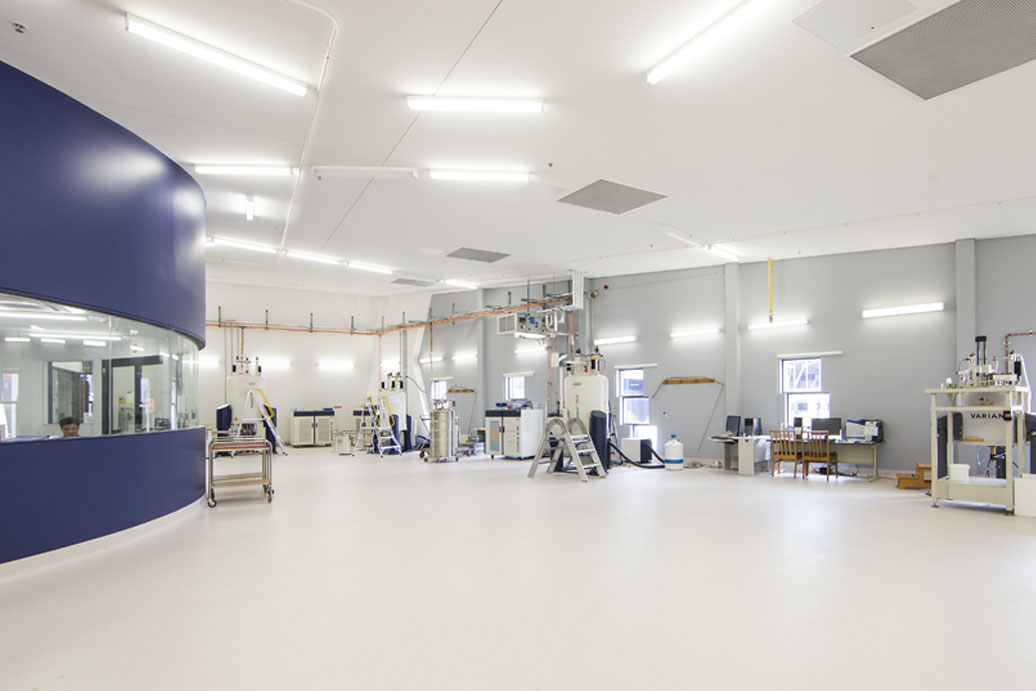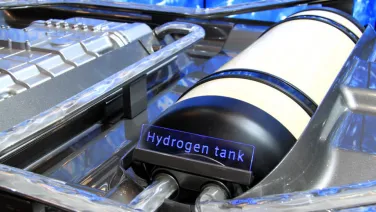
Cox Group
Our group studies transition metal catalysts using both magneto-optical spectroscopy and magnetic resonance techniques.
About
Our group studies transition metal catalysts using both magneto-optical spectroscopy and magnetic resonance techniques. These methods can be used to monitor: oxidation states, transients/intermediates, the binding of substrates as well as product formation and release, providing important complementary information to static spectroscopic and diffraction methods.
A key motivation of our research is to understand how biological systems use earth abundant metals including manganese to perform the difficult oxidative/reductive chemistry of small molecules such as water and oxygen. We are developing new methods to study these systems that are in principle transferable to metal oxide materials, which should in the future allow molecular level characterization of heterogeneous catalysis interfaced with electrodes.



